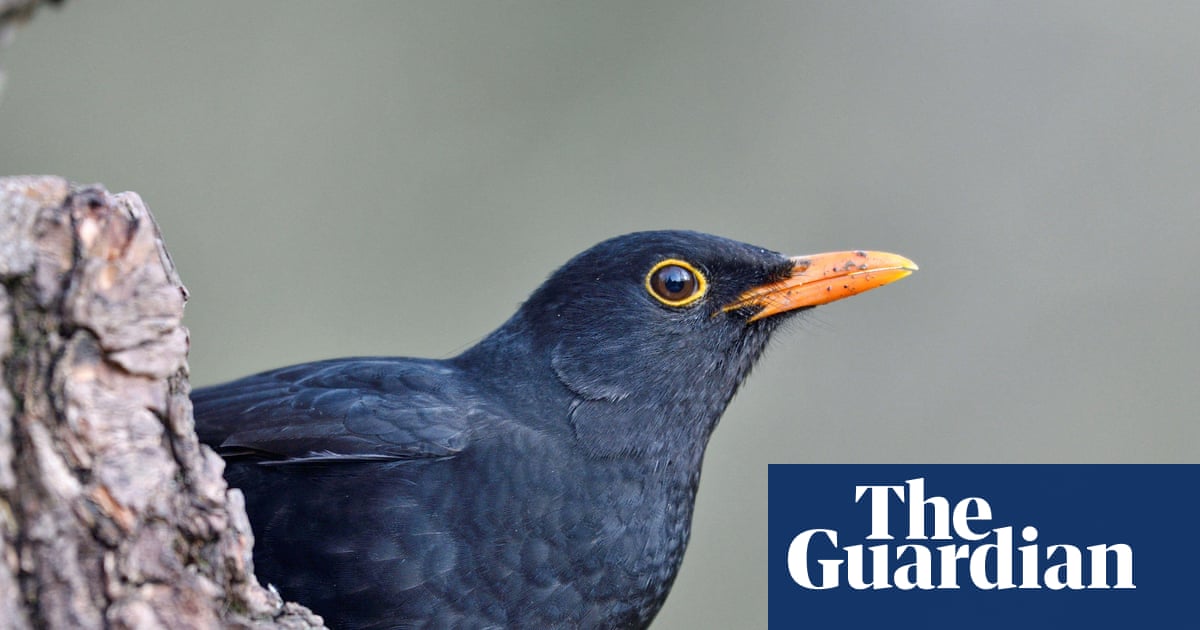
"Insect-eating bird populations in France appear to be making a tentative recovery after a ban on bee-harming pesticides, according to the first study to examine how wildlife is returning in Europe. Neonicotinoids are the world's most common class of insecticides, widely used in agriculture and for flea control in pets. By 2022, four years after the European Union banned neonicotinoid use in fields, researchers observed that France's population of insect-eating birds had increased by 2%-3%."
"The results could be mirrored across the EU, where the neonicotinoid ban came into effect in late 2018, but research has not yet been done elsewhere. The lead researcher, Thomas Perrot from the Fondation pour la recherche sur la biodiversite in Paris, said: Even a few percentage [points'] increase is meaningful it shows the ban made a difference. Our results clearly point to neonicotinoid bans as an effective conservation measure for insectivorous birds. Like the EU, the UK banned neonicotinoids for outdoor general use in 2018, although they can be used in exceptional circumstances. They are still widely used in the US, which has lost almost 3 billion insectivorous birds since the 1970s."
"The study, which was published in the journal Environmental Pollution, looked at data from more than 1,900 sites across France collected by skilled volunteer ornithologists for the French Breeding Bird Survey. They divided the data into two groups the five years before the ban, from 2013 to 2018; and the post-ban period from 2019 to 2022. Perrot's team analysed data on 57 bird species at these sites, each of which measured 2km by 2km (1.25 miles). They found that the numbers of insectivorous birds at pesticide-treated sites were 12% lower compared with sites where there was no neonicotinoid use."
By 2022, four years after the EU banned neonicotinoid use in fields, France's insectivorous bird populations increased by 2–3%. Species showing increases included blackbirds, blackcaps and chaffinches, which consume insects as adults and chicks. Data from over 1,900 sites collected by volunteer ornithologists for the French Breeding Bird Survey were split into 2013–2018 and 2019–2022 periods. Analysis of 57 bird species across 2 km × 2 km sites found insectivore numbers were 12% lower at pesticide-treated sites compared with sites without neonicotinoid use. Similar recoveries may occur elsewhere in the EU; other insect-eating animals could also benefit.
Read at www.theguardian.com
Unable to calculate read time
Collection
[
|
...
]